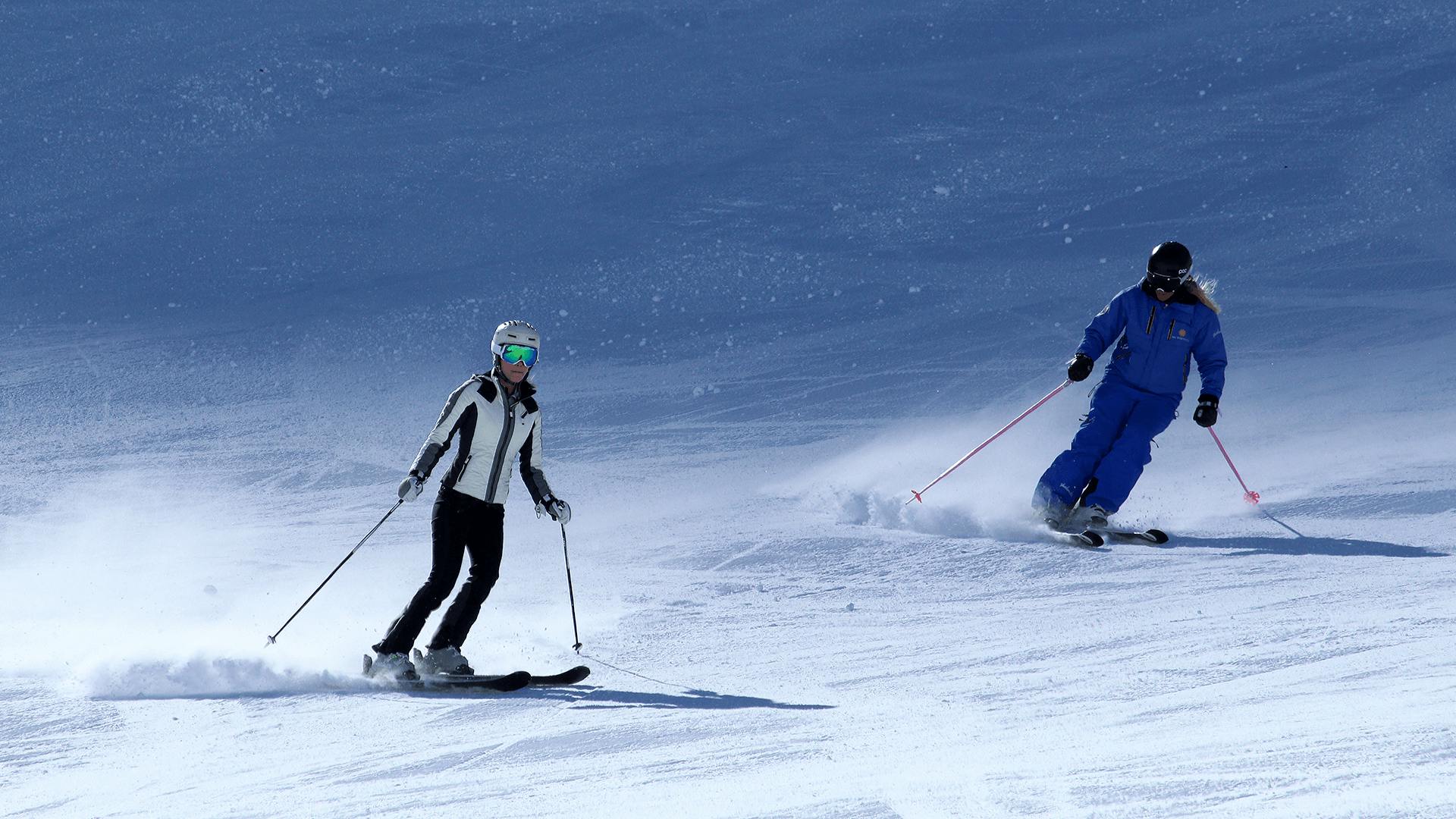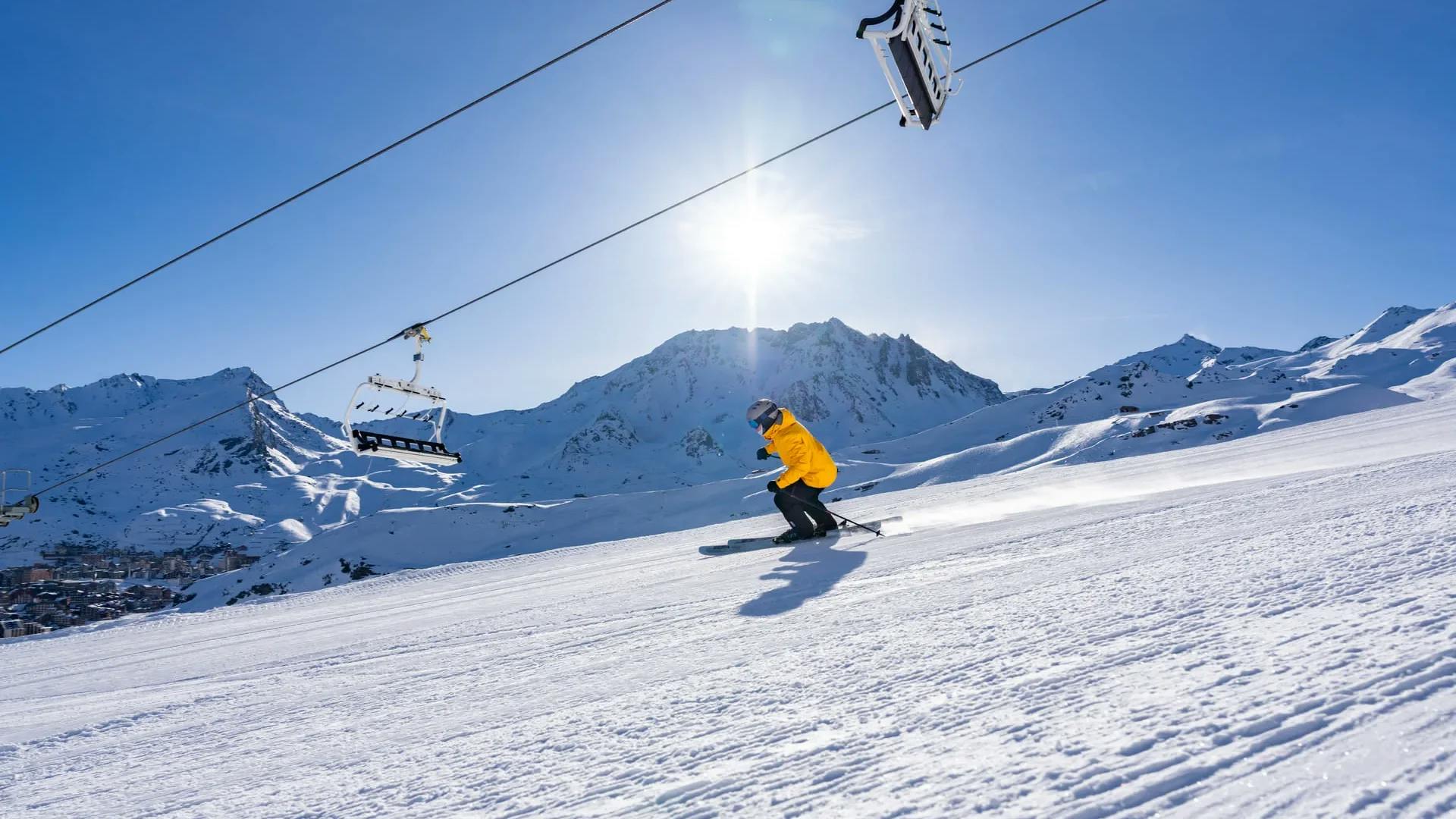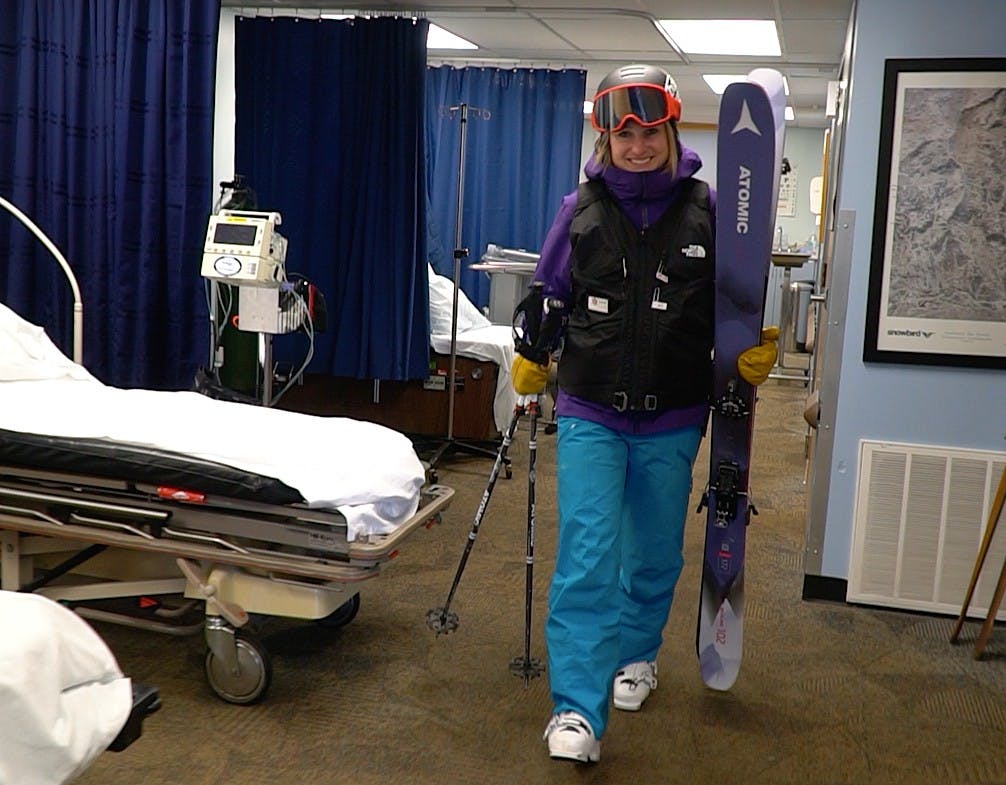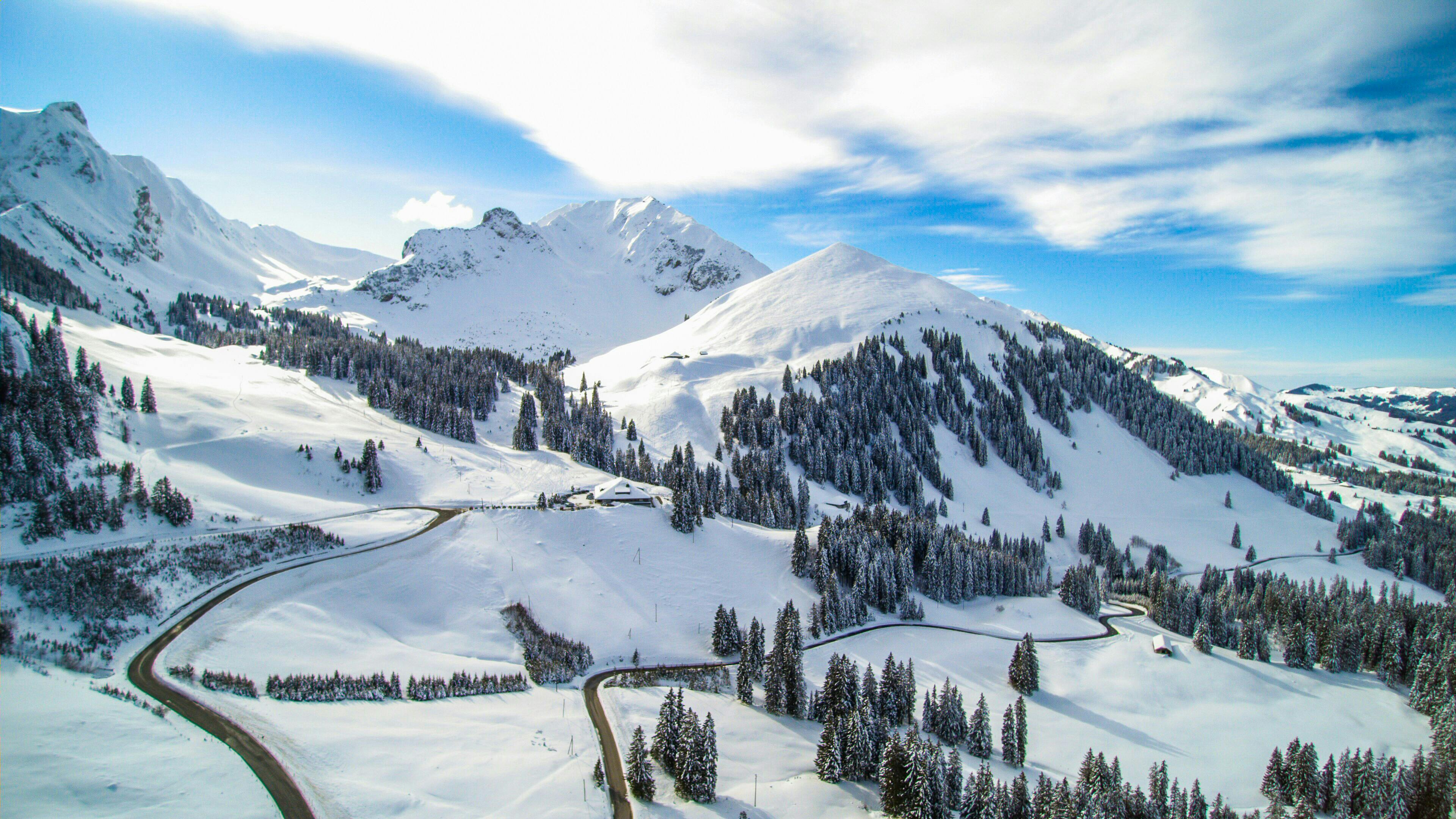- Ski.com Home
- Blog
- 5 Tips to Reduce the Effects of High Altitude | Ski.com
5 Tips to Reduce the Effects of High Altitude | Ski.com

If you’re planning to ski out west this winter, chances are you’ll be exploring elevations between 6,000 to 12,000 feet. How high you ski in the mountains can depend on your ability level, but many resorts offer high-alpine blues and greens.
Related: How to Plan Your First Ski Trip
At higher elevations, there is less oxygen and less humidity than at sea level, which can cause a variety of unpleasant symptoms for low-landers if not properly addressed. To help you acclimate smoothly to the high altitude and enjoy every minute of your ski vacation, we’ve compiled these 5 essential high-altitude skiing tips.
 Mammoth Mountain Summit Elevation - 11,053 feet above sea level | Photo: Thomas Galvez
Mammoth Mountain Summit Elevation - 11,053 feet above sea level | Photo: Thomas Galvez1. Take it easy on day one
Physical exertion will affect your response to altitude. So, take it easy on the first day at a higher elevation—whether it’s limiting runs, opting for a relaxed pace, or spending time adjusting to the thinner air. This will reduce the risk of altitude-related fatigue and help you feel stronger for the rest of your trip.
 Hit the bunny slopes and get your ski legs on; better safe than sorry!
Hit the bunny slopes and get your ski legs on; better safe than sorry!2. Eat light and drink plenty of liquids
By liquids, we mean the non-alcoholic kind. Alcohol consumption, especially in excess, compounds high-altitude symptoms. The higher elevation's reduced humidity and air can lead to dehydration, so it's important that lots of water is consumed. Also, overeating at altitude can lead to digestive issues.
 Carry a granola bar or two with you, they will be real game changers and you won't be sorry!
Carry a granola bar or two with you, they will be real game changers and you won't be sorry!2. Get plenty of sleep
The reduced oxygen is already doing its part to tire you out, so make sure you get your fair share of sleep throughout your ski vacation. Overexertion combined with lack of sleep can result in more severe and persistent altitude symptoms.
 Work with our Mountain Travel Experts to find the perfect hotel room to suit your needs!
Work with our Mountain Travel Experts to find the perfect hotel room to suit your needs!3. Wear sunscreen
At high altitude, the sun in the winter is still incredibly strong. This is due to the fact that there is less atmosphere to filter out the ultraviolet rays. This is why wearing sunscreen, with at least an SPF 15, and reapplying frequently is imperative during your ski vacation. Your eyes can burn, too, so always wear sunglasses or goggles with adequate UV protection. Don't be fooled on a cloudy day—you can still get burned at high altitude.
 Even at frozen temperatures, the sun's rays burn. Apply sun cream as you normally would during the summer.
Even at frozen temperatures, the sun's rays burn. Apply sun cream as you normally would during the summer.4. Prevent injuries related to high altitude
At high altitude, less oxygen impacts your muscle performance, meaning they tire more quickly. Take extra precautions before skiing to reduce injury, like checking your equipment, ski in accordance with your physical ability, learn your way around the mountain, stretch in the morning, be aware of snow conditions and avoid alcoholic drinks at lunchtime.
 Make sure to acclimate yourself slowly to avoid altitude sickness.
Make sure to acclimate yourself slowly to avoid altitude sickness.5. Listen to your body
If you experience fatigue, dehydration, or any other symptoms typical of altitude sickness, it's a warning sign that you need to decrease your activity and protect yourself. If symptoms persist, contact a local physician or visit the emergency room.
 Don't overexert yourself, and don't go beyond your limits!
Don't overexert yourself, and don't go beyond your limits! If you have additional questions about high altitude contact one of our knowledgeable Mountain Travel Experts. Get a free quote today!
TAGGED: altitude sickness, health, high altitude, how to, remedy, tips, wellness
Leah Fielding
Author
How Our Free White (Ski) Glove Service Works:
Reach out to a Ski.com Mountain Travel Expert by phone, chat, or our online form. Share details about your group size, interests, and budget and your Expert will begin to craft your dream ski vacation.
Get a curated proposal with personalized suggestions from your Expert via email. Book directly online or request additions or revisions from your Expert until it’s perfect.
If you have questions, want to add or modify your reservations or need anything assistance, your Expert is always by your side to help before, during and after your trip.
Sign up for our newsletter
Sign up for exclusive offers, news, updates and more.

